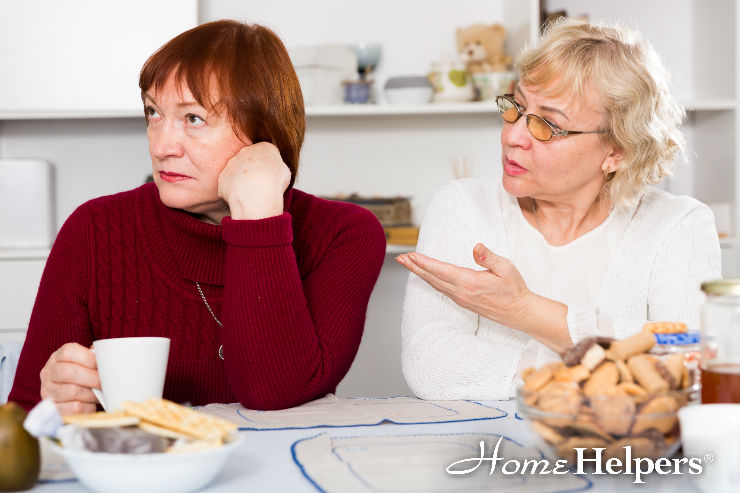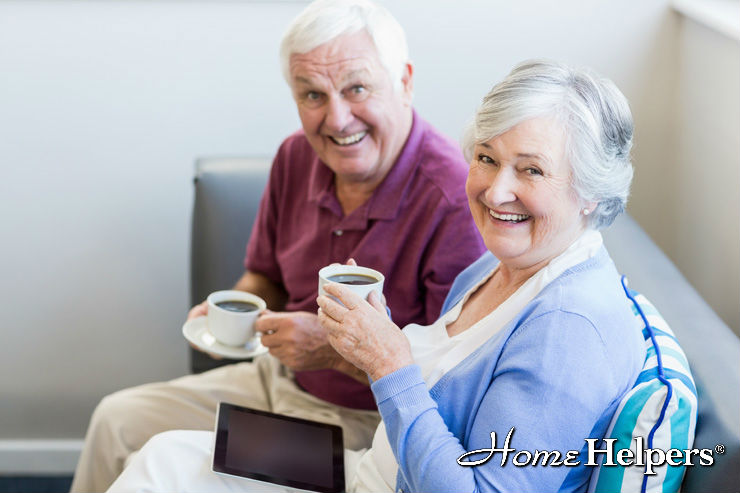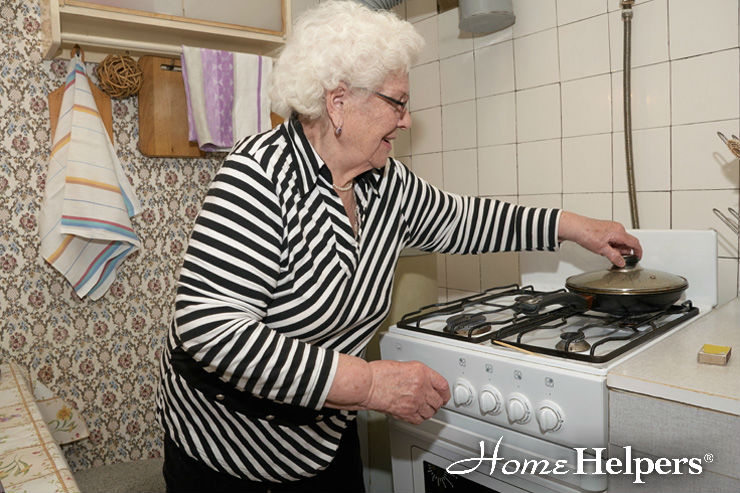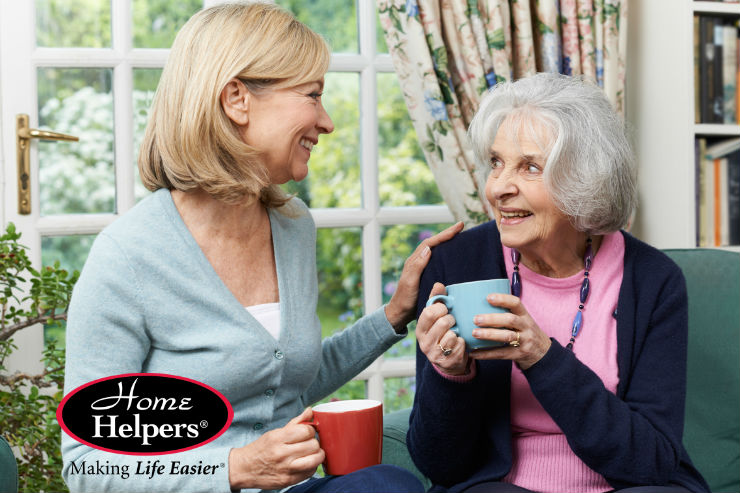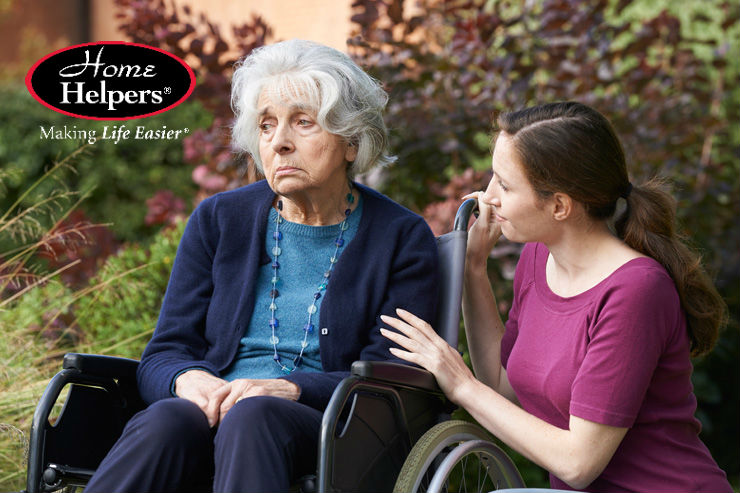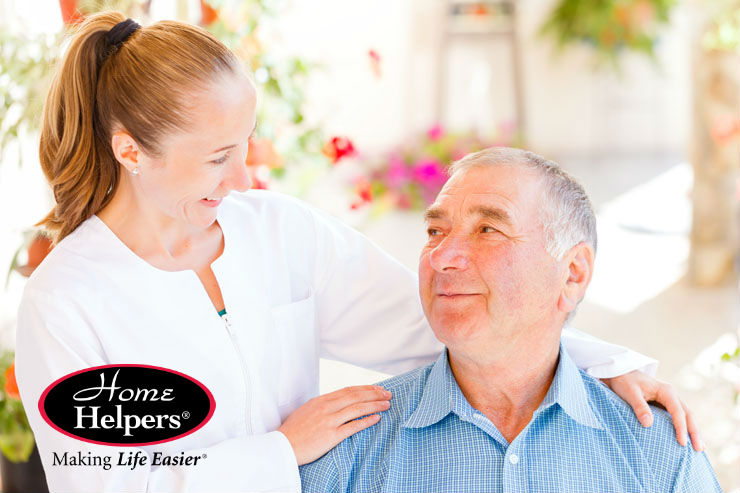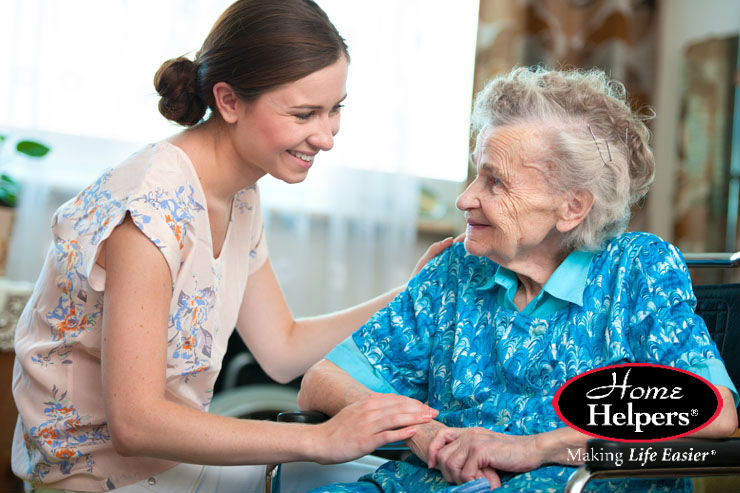One of the most stressful situations you will ever face is making critical decisions for someone you love. It is very natural to feel strongly about your opinion and feel angry or threatened when others disagree. This stress can easily be compounded when those who disagree with you are your own siblings.
Disputes among siblings are very common when it comes to providing care for an elderly parent. The good news is that there are ways to handle this situation without tearing the family apart.
Why Siblings Disagree
Sibling relationships are built on strong feelings of love and bonding. Brothers and sisters typically have the strongest relationship and the healthiest bond, but that intimacy and love can come with disagreement on how certain situations should be handled.
When it comes to the care of elderly parents, here are a few reasons disagreements happen among siblings:
Feelings of Resentment
There are times that one sibling is resentful of the relationship or connection that a brother or sister has with the elderly parent. This can be a situation that has been present since childhood, or it can be a situation that surfaced during adulthood in which one sibling seems to be closer to the parent than the other. This can arise because of physical distance or because of feelings that one has towards another.
Also, when one sibling has been responsible for most of the care, they may be resentful when another sibling thinks they should be equal in the decision-making process. The sibling that has cared for the parent might feel like they have the right to make the final decision for the elderly parent.
How Money Should be Spent
Spending money on the care of an elderly parent is another reason that siblings disagree. There might be jealous or hard feelings among siblings if one has more money and resources than the other. Many times, the sibling with less resources can find themselves embarrassed because they don’t have access to what they need to help. In this situation, they may find themselves keeping their true financial situation a secret.
Siblings can also be torn between finding a facility that offers the basic care and no extras or one that has everything you could ever think about giving your parents.
Differing Personalities Among Siblings
Many times, even as adults siblings find themselves filling the same roles they did as a child. One may be the caregiver while another takes on the role as the leader. The sibling with the role of a caregiver may feel like they are the one always coming to the recuse and solving all the problems. The one who tends to be the leader will find themselves demanding that they have the final say in all situations. Remaining in the roles may come so naturally that they don’t even realize that they are doing it.
Trouble and conflict will arise when siblings want to change roles or when one person decides they don’t want to fall into the same role they have always taken on.
Strategies for Handling Disputes Among Siblings
There are many ways to go about handling disputes among the siblings. One way and probably the easiest is to agree that the most popular decision will be the way to go. Each sibling can give an opinion, and each sibling can have a vote. The least popular way is to agree that one person will be responsible for the final decision. Normally this role would fall on the sibling that the others trust and respect the most.
Don’t Hesitate to Ask for Help
When a decision cannot be agreed upon, it is best to call in a mediator to help you sort things out to make sure that everyone is heard.
A senior care representative is a person who will listen to all sides and each sibling. After each is heard, they will give an unbiased and educated recommendation based on what is best for the elderly parent. Calling on a senior care representative will ensure that all needs are met and will mediate the proceedings.
- The representative will offer suggestions based on the needs of the elderly parent.
- The representative will keep the family on topic, reminding them that they are making the best decision for the parent.
- The representative will stop the meeting if participants begin to get emotional, violent or abusive.
Disagreeing about the care of an elderly parent is not uncommon, but when the siblings have the parent’s best interest in mind, a plan can be made. The help of a senior care representative can be very instrumental in bringing everyone together for the good of your parent.
For more information on caring for an elderly parent or to learn more about getting help from a senior care representative, please contact us.
Home Helpers of San Rafael is a locally-owned, trusted home health care agency and offers quality, compassionate senior in-home care services including home care assistance, personal care, companion care, respite care, 24-hour live-in care, Alzheimer’s & dementia care, Parkinson’s care as well as homemaker services in San Rafael, Novato, Mill Valley, San Anselmo, Larkspur, Tiburon, Corte Madera, Sausalito, Belvedere, Ross, and Greenbrae, California.
Legal Disclaimer
This blog provides general information and discussions about medicine, health, and related subjects. The words and other content provided in this blog, and in any linked materials, are not intended and should not be construed as medical advice. If the reader or any other person has a medical concern, he or she should consult with an appropriately-licensed physician or other healthcare workers.
Never disregard professional medical advice or delay in seeking it because of something you have read on this blog or in any linked materials. If you think you may have a medical emergency, call your doctor or 911 immediately.
The views expressed on this blog and website have no relation to those of any academic, hospital, practice or other institution with which may have been mentioned or linked to in the article.

